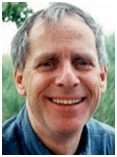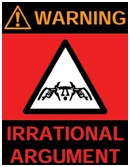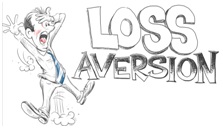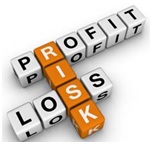|
 |
|
 |
|
|
||
Daniel Kahneman - Decision Making and Happiness
Daniel Kahneman (1934- )
Israeli-born American psychologist who: a) won the 2002 Noble Prize in Economics for his work on decision making (see below) b) is an expert on happiness - what he calls hedonic psychology which is
Who did he work with? Amos Tversky (1937-96), also an Israeli-American psychologist . Kahneman and Tversky (pictured right below):
His most famous book is... Thinking, Fast and Slow (2011) - see the Business Books section for a detailed analysis.
What does he teach us? 1. People are irrational and intuitive Most of our thinking is based on: System 1 Fast thinking based on:
We don’t use: System 2 Slow (logical and analytical) thinking that weighs up the pro’s and con’s of a decision with all relevant information.
2. Prospect theory This says:
a) people are loss averse Avoiding losses is more important than making gains. So political reforms will favour potential losers, because they will fight harder to protect their status quo position (see next point) than potential winners.
b) people evaluate results (according to “reference points” like future aims and the status quo) If you do better than the reference point it’s a gain e.g. exceeding your aims and status quo position including:
c) people are risk averse towards gains (but take risks to minimize losses)
d) people give undue importance to highly unlikely but extreme events (like winning the lottery).
3. How to be happy
a) friends and family
b) money In America the ideal income is $75,000, above which happiness doesn’t increase much.
c) life satisfaction - the long-term achievement of worthwhile aims set early in life (e.g. aged 18). This differs from emotional happiness (how you feel about life like optimism or pessimism)
d) worthwhile and realistic aims If they aren’t realistic (like being a pop singer), you won’t be happy.
e) do better than your peers Favourable comparisons make you smile!
f) live life to the full and don’t live in the past Memories are only important if they affect you now or in the future.
Key quote on decision making System 1 is indeed the origin of much that we do wrong but it is also the origin of most of what we do right.
Key quotes on happiness We should think of living, not only of remembering. Everything is worse if you’re poor
Key quote on psychology and learning The test of learning psychology is whether your understanding of situations you encounter has changed, not whether you have learned a new fact.
|
|
|
||
|
|
||
| Copyright © wisdomtowin.com 2025 All Rights Reserved | ||
|


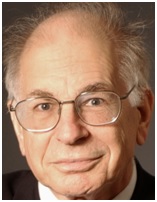
 closely related to
closely related to 